Stop Using Antidepressants Except for “the Most Severe Depression,” Experts Say
Mad in America
DECEMBER 11, 2023
In a new article in the British Medical Journal (BMJ), 30+ prominent figures in critical psychiatry call on the UK government to acknowledge the evidence that antidepressants are no better than placebos for most patients and to increase funding of social and psychological interventions while decreasing drug prescriptions. “Multiple meta-analyses have shown antidepressants to have no clinically meaningful benefit beyond placebo for all patients but those with the most severe depression,” they wri
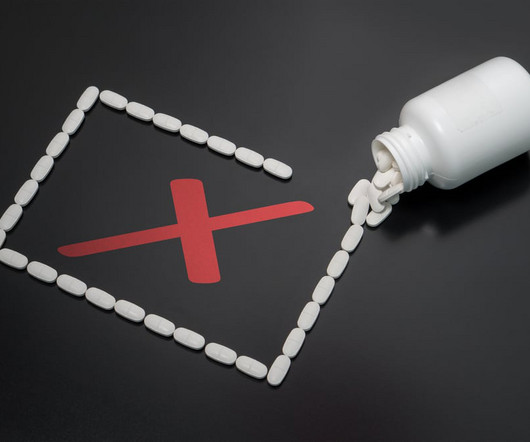
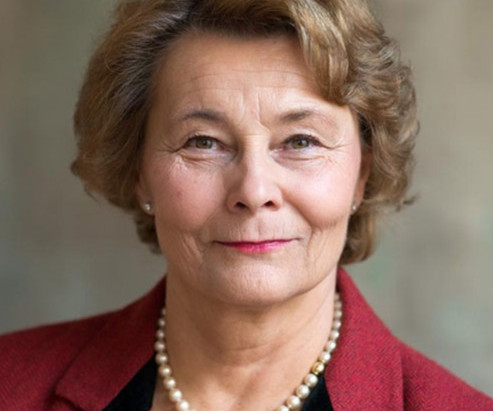
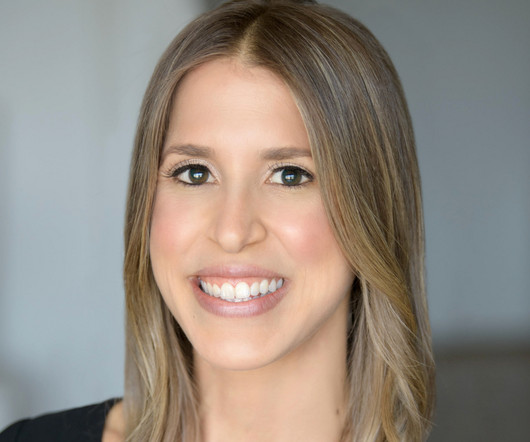
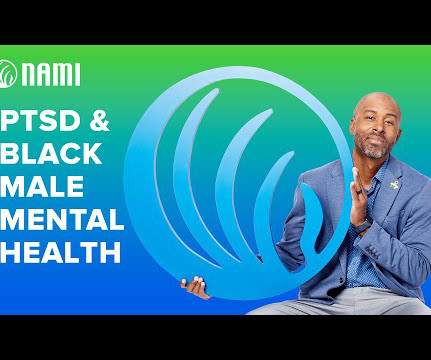
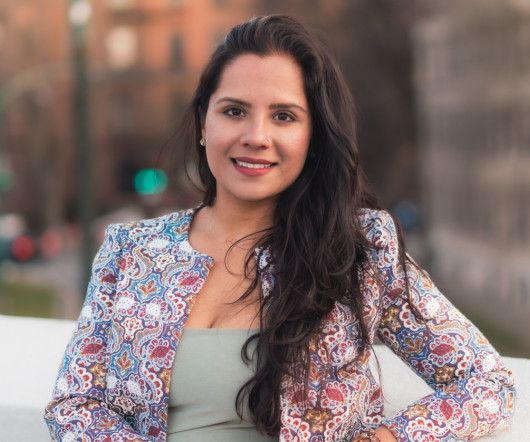
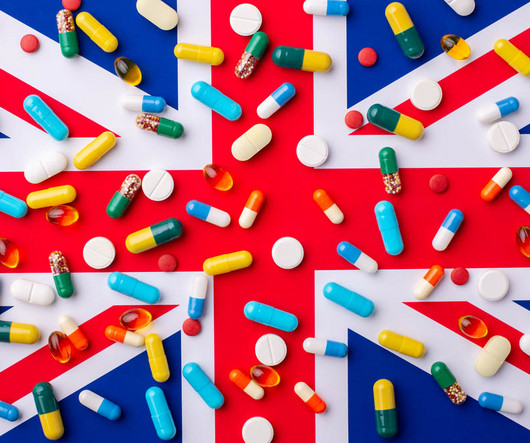





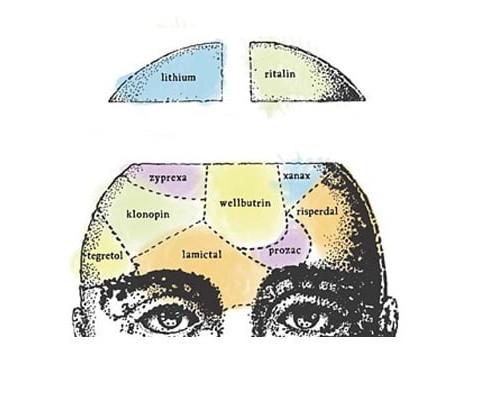


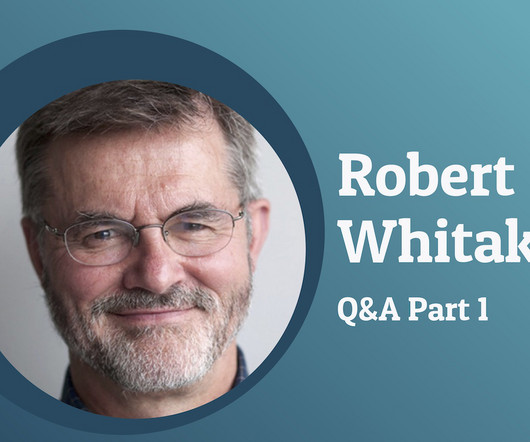

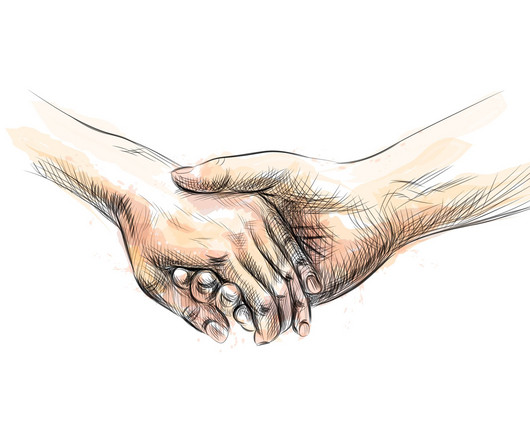






Let's personalize your content